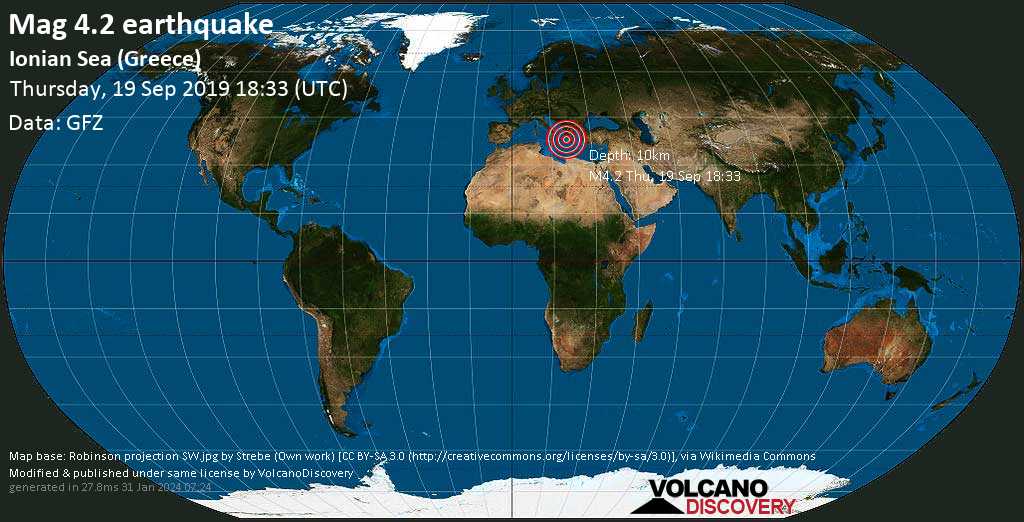But weather does that led the team to the discovery that the shaking of the ocean floor coincided with the raging of a storm above it.
Earthquake shakes the ocean floor storm above the earth.
Rayleigh waves or ground roll travel like ocean waves over the surface of the earth.
Sometimes an earthquake has foreshocks.
When a large earthquake occurs on the ocean floor that s when you have to worry about the potential of a tsunami but those earthquakes usually clock in at a 7 6 magnitude or higher.
Throwing up those giant waves causes pressure to rise on the ocean floor as the waves go up and down it creates a pounding effect.
Stresses in the earth s outer layer push the sides of the fault together.
The storm seism combination that shakes the earth.
Strong ocean swells hammer ridges in the seafloor and produce the earthquake like shaking in august 2009 hurricane bill shown tracked northwest from puerto rico toward newfoundland.
The location below the earth s surface where the earthquake starts is called the hypocenter and the location directly above it on the surface of the earth is called the epicenter.
Earthquakes are sudden rolling or shaking events caused by movement under the earth s surface.
They cause most of the shaking at the ground surface during an earthquake.
Stress builds up and the rocks slip suddenly.
It travels over the surface of the earth and it consist of rayleigh wave and love waves.
These are smaller earthquakes that happen in the same place as the larger earthquake that follows.
In earthquake records they identified more than 4000 earthquakes from faults in the ocean floor west of sumatra in indonesia from 2004 to 2016 many of them between magnitude 3 5 and 5.
At that point all the pent up energy is released in ripples or seismic waves that literally shake the land sitting on the earth s crust.
Scientists can t predict earthquakes but they.










